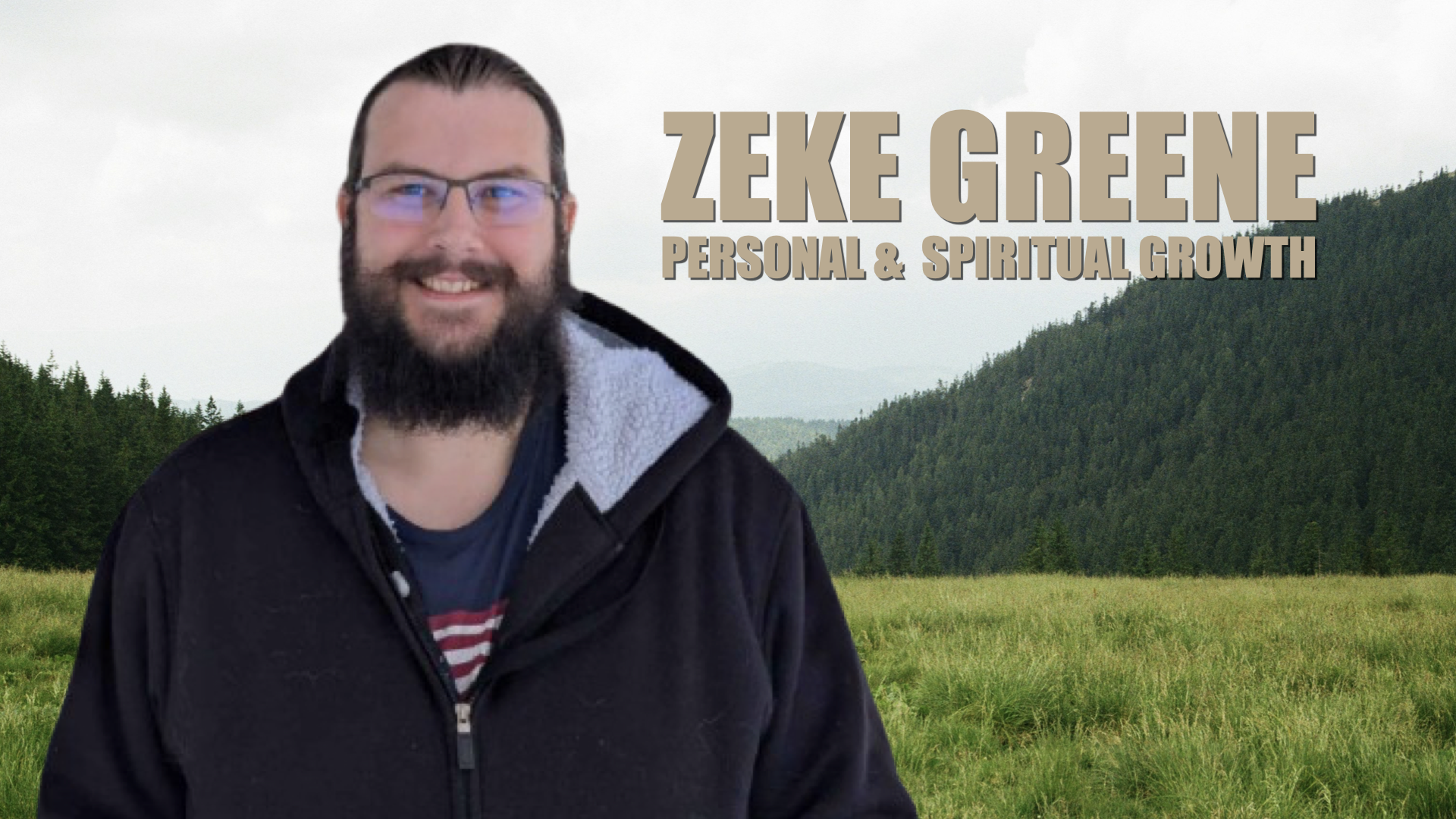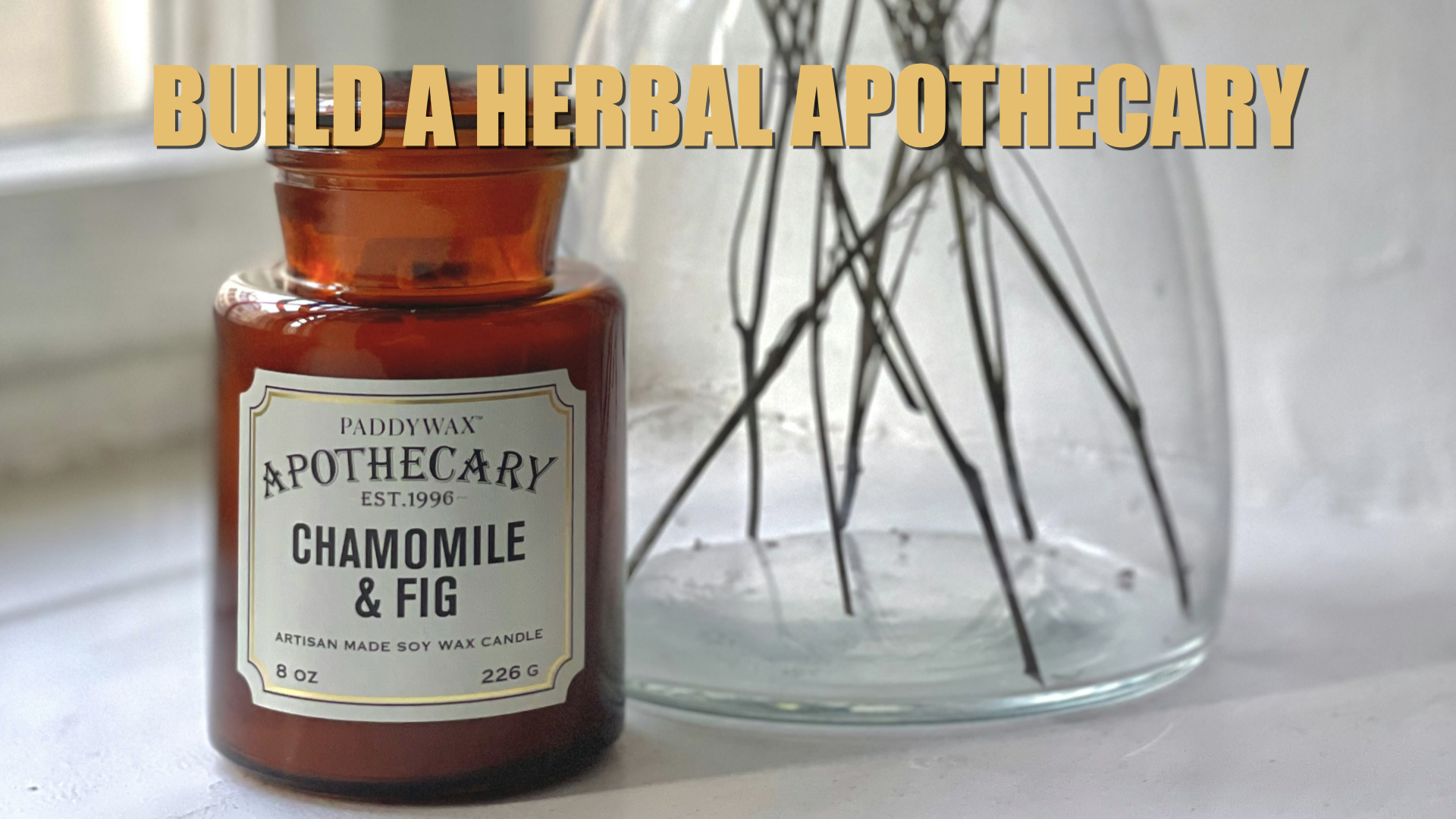Within Paganism, there are different schools of thought, different customs, different ways of living. It can be overwhelming at times for newcomers who just want to learn and are eager to get started. It leads to a lot of newcomers seeking guidance or a kind of spiritual teacher as getting started is intimidating. I was no different. This requires me to talk about the darker side of Paganism, at least, the darker side of Paganism as it is today. And no, it’s not the weird creepy things that the fundamentalist Christians like to screech about, it’s much simpler but must be pointed out. It’s the amount of culty people in this sphere who desperately want to control others via spiritual and religious means. No, they aren’t just in the Abrahamic religions, they’re in the Pagan space as well. I know this because I’ve personally experienced it.
My hope is that by sharing my experience others will be better able to spot red flags in spiritual leaders, or if they are already under the sway of one of the aforementioned people, they will be able to identify it and leave. By becoming aware of this behavior and calling it out when necessary, Paganism will gain more legitimacy in the eyes of those who are curious but haven’t quite found the courage to take the plunge in starting their own journey. The “false prophets of Paganism” as I like to refer to them seriously damage the reputation of Paganism and make it look like a larpy clown show at best and something akin to a full-blown cult at worst.
When it comes to my spirituality, I’m very hesitant to be open about it. Even amongst other pagans, I have a hard time speaking openly about what I think and believe. This has troubled me for some time, and although I desperately want to find in-person groups to share my spirituality with, I know this issue will be a barrier, so I need to handle it. I wasn’t always like this, however. When I first became a Heathen, I was very open about my spirituality. I would share with anyone without fear. If someone tried to ridicule me (which in my experience always came from a place of ignorance on their part), I would immediately but calmly challenge them. I never backed down. So what changed?
I believe the first cracks in my spiritual confidence appeared in 2016. I was in college and was in a world’s religion class. In this particular class, the professor would regularly have everyone break up into smaller groups for discussions on various topics. I believe on this occasion we were discussing the idea of an afterlife, and a student in my group who knew I was a Heathen politely and curiously asked me what I believed happened after we died. This is when it started. But before I go into what I told her, I have to go back further in time and talk about how I got into Heathenry in the first place.
I first came into Heathenry in 2008 after becoming disillusioned with Christianity, which is a tale for another time. I was introduced into it by my uncle. Initially, it all made so much intuitive sense to me. Finally, I found a religion for me, made for me, left to me by my ancestors. It made me feel so much closer to my forebears, and I was eager to learn everything I could about this new religion.
Learning took longer for me as I joined the military shortly after becoming a Heathen and was stationed overseas for most of my time in the service, so learning for me was initially slow. At that time, there wasn’t nearly the amount of resources available online that there are now. However, I was still a part of a kindred led by my uncle, and anytime I was home on leave, I would be sure to visit.
Like most Heathens, my first two sources were the Poetic and Prose Eddas. However, I never read any sagas. You see, I made a tremendous error: I took my uncle’s word as gospel. Anything he said was historical, I believed uncritically. Anything he said theologically speaking, I believed uncritically. The main source for my learning beyond the two Eddas was a book that my uncle had written. It was intended to be his manifesto for his take on Paganism and was the religious foundation for the kindred that he had founded. In it, he provided a theological interpretation of what the soul is and how to live what he called the “good life.” I will not name the book as I don’t want to give it or its author more attention than necessary.
In this book he basically gave his own interpretation of various Norse gods, goddesses, what they represent, and where they fit into his “map of the soul.” He also presented the evil side and his interpretation of that. He also created his own version of the Nine Noble Virtues. After this, he even went further and provided nine hard, solid roles for men and women. This may not sound like an issue to some until you hear his primary source. Beyond using the Eddas to interpret the deities of the Norse, he claimed that Odin revealed these things to him. And now we can get into the things that weren’t included in his book.
When you are a newcomer to a religion, it is quite natural to be full of questions of all kinds. Probably the biggest one is what happens when we die? I was told that we are reincarnated back into our family lines, normally three to four generations after our death. This doesn’t sound too crazy, as there is supporting evidence in the Eddas for reincarnation and there are plenty of religions that hold reincarnation to be true in some form or another. What is crazy is this – when you die, you are first taken before the Gods in which your entire life will be judged. Then you thrown into a millstone and are grounded into two different powders based on the Gods’ judgement: Valgrind and Helgrind. Valgrind represents all your good deeds, while Helgrind represents all the bad ones. Then the two powders would be given to the dwarves who would use it to forge the new incarnation of you. Based on the amounts of the Valgrind vs. the Helgrind would determine things like your looks, strengths, luck, and overall success in your next life. Basically, the better you behaved in your previous life, the easier you would have it in the next one.
Now that some groundwork has been laid out, we can return back to the beginning of the story. So, after being asked by my fellow student what I believed happens when we die, I told her this as it was my genuine belief at the time. I will never forget the look she gave me. She didn’t even say anything after I finished talking. It wasn’t until after I had said all of that out loud that I thought to myself, “Wait a minute, doesn’t that sound crazy? And where did your uncle get that from anyway?” At this point I had read both Eddas front to back multiple times. I decided to do it again. Lo and behold, I couldn’t find any mention of this. I finally went ahead and just asked my uncle one evening. However, instead of directly answering my question, he somewhat sidestepped it, kind of repeating my question in answer form as if that was the answer. But no source was given. That night was the beginning of the end of our relationship.
As the years went on, the less and less I looked up to my uncle. More and more I noticed discrepancies with supposed historical facts he would recite. To make matters worse, I also began noticing more and more flaws in his character. While that by itself isn’t necessarily an issue since we all have our own flaws, it was a problem in this case. He held himself up as a gothi, a priest, yet it was getting harder and harder to not notice all the times he didn’t measure up to the standards of his own kindred, the standards that he himself created. Additionally, no one was held accountable to any standards unless my uncle felt that his authority was threatened. Then there was nothing he wouldn’t do to eliminate that threat. In that case, he was very comfortable with compromising any of his values and he would always find a way to justify it.
All of this escalated to the point where I simply couldn’t stand his presence anymore. Every word he said, every bit of advice just felt so hollow and empty to me. I finally left in 2020 after I had discovered that he had slandered my own brother and falsely accused him of a very serious crime, the details of which I will not go into here. I have not spoken to my uncle since.
After leaving, I drifted spiritually for a bit. While I despised my uncle for the things he had done, I still found a lot of value in what he taught. I thought the problem was simply that he wasn’t capable of living up to his own standards. I was wrong on that too. I began doing more research, opening up my mind instead of dogmatically following what one person says. I read history books, sagas, watched videos, anything to expand my mind and learn more on my own. I also turned a critical eye to my uncle’s book. The more I did my own research, the more I found that it did not line up with my uncle’s teachings nor his book. At times, his teachings would be so tightly intertwined with bits of truth and bits of nonsense that it became incredibly difficult to separate the two. Based on my findings, I couldn’t say that he was genuinely attempting to reconstruct the Norse religion. It was basically his own religion with Norse names and labels slapped on top of it. Due to this, I decided to simply scrap everything I had been taught and start over.
In my own defense, I feel I need to discuss the two reasons why I believed my uncle’s book. The first is he managed to get it published by a legitimate publisher. The second was that nearly anyone who read it thought it was amazing and very insightful. In fact, he even had it reviewed by professors at the university near where I live. Keep in mind, all of them have PhDs, so it is safe to say that they are all experts in their field. They all gave glowing reviews of my uncle’s book too. There’s just one problem: none of them are PhDs in Norse language, literature, or mythology. They were endorsing something that is technically outside of their area of expertise, meaning they aren’t the best judges of the validity of my uncle’s book. Worse, I checked my uncle’s references for his book. He cited a work of fiction to use as a historical source. How that wasn’t caught I don’t know, but I can tell you my opinion of academia was certainly lowered when I made that discovery.
Needless to say, I have dealt with feelings of shame and guilt for feeling like I had been duped. It’s been very difficult to get over the fact that I looked up to the man and viewed him so highly when all of the signs were there. I can’t say how many times I would ignore the contradictions I would find in the Eddas or other historical sources I would come across in favor of what I had been told. It wasn’t until I started viewing things in a more positive light that I was able to come to terms with my past. Instead of feeling guilt and shame, I realized that I developed a BS detector like no other. Now I can sense it a mile away, and it has served me well. It puts me in a position to help others. It also forced me to understand that I cannot just take people at their word. I now have a healthy sense of skepticism; the ability to trust but verify. Prior to this experience, I too often just accepted what people said as fact, especially if they appeared as an authority figure.
My intention in putting all of this out there is to let people know that there are indeed wolves in sheep’s clothing out there, and yes, they are in the Pagan sphere as well. If anything, the Pagan sphere is more vulnerable to culty types as Paganism is very new for most people. I like to say that you don’t convert to Paganism, you revert to it. But the transition for many is still hard as the modern mind and world view is in many ways not compatible with the life-affirming Pagan mind. This leaves a lot of room for charlatans to mislead well-intentioned people.
I do have some advice that I can give apart from having a healthy dose of skepticism while still being open minded is to trust your intuition. First, if you want to leave but are afraid of being alone, do it anyways. You will be better off. I put off leaving for that very reason and it did not benefit me. If anything, by staying longer, it made my problems worse. If you have a bad gut feeling about a person, especially a self-professed guru, priest, or teacher, trust that feeling. That’s your ancestors watching out for you and warning you. That being said, should you be one of those who is misled – don’t feel bad. It’s all a part of the process, a part of the journey. Take the experience as a lesson and move forward. It is the best thing for you to do – and precisely what your ancestors would counsel you to do.



